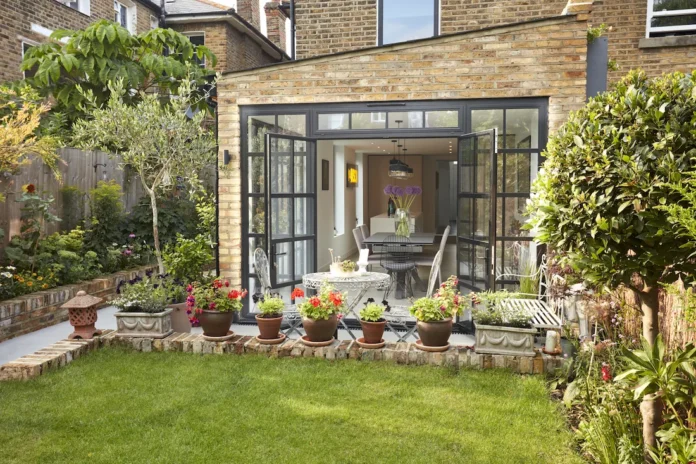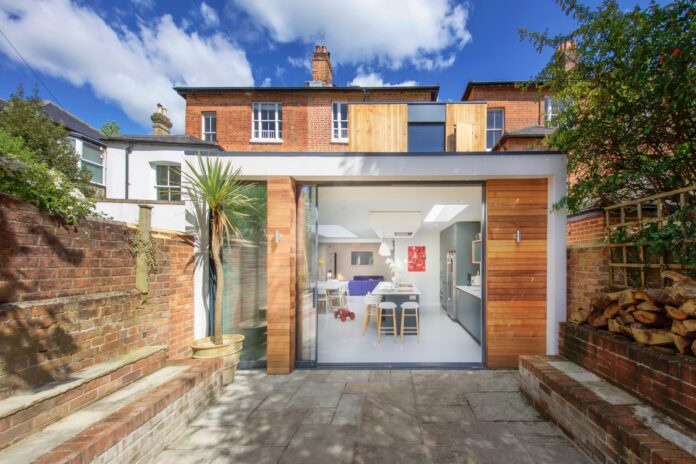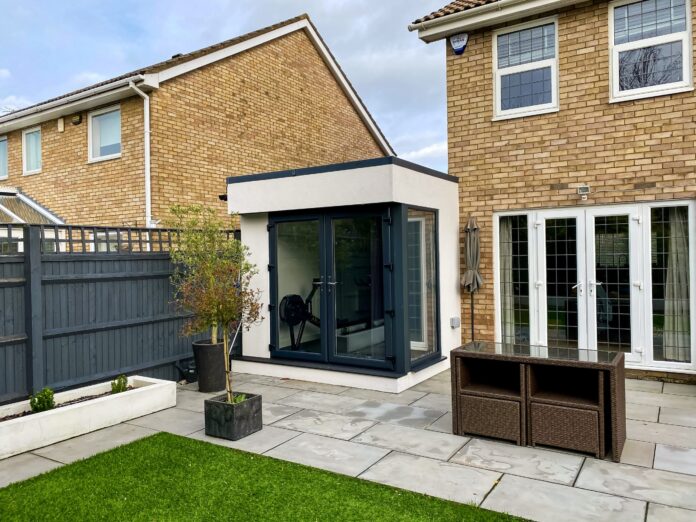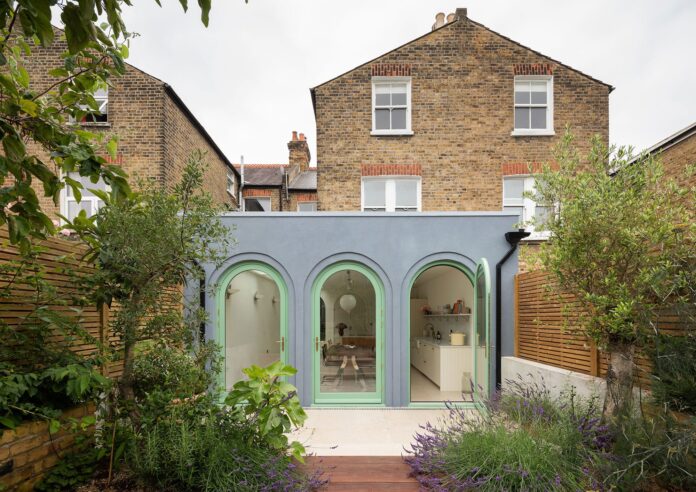Are you feeling the squeeze in your home, but don’t want to go through the hassle of moving? A house extension might just be the solution you’re looking for. Not only can it provide you with the extra space you need, but it can also add value to your property. However, before you jump into a home extension project, there are some crucial things to consider. In this article, we’ll unveil essential tips, budgeting strategies, and the real costs associated with house extensions.
1. Assess Your Needs

The first step in planning a house extension is to assess your needs. What do you need the extra space for? Is it a new bedroom, a larger kitchen, or a home office? Understanding your requirements will help you determine the size and layout of the extension.
2. Set a Realistic Budget
Budgeting is a crucial aspect of any home improvement project. Start by researching the average cost of home extensions in your area. Keep in mind that the final cost can vary depending on factors like location, materials, and the complexity of the project. It’s wise to set a budget with some flexibility to account for unexpected expenses.
3. Consult with Professionals

To ensure your house extension is done correctly, it’s essential to consult with professionals. Judges Building Services, an experienced and reputable company in the construction industry, can play a pivotal role in guiding you through the process. An architect or a design-build contractor from Judges Building Services can help you create plans that align with your needs and budget, ensuring that your vision for the extension is realized to perfection.
4. Choose the Right Materials
Selecting the right materials for your extension is vital for both aesthetics and longevity. While higher-quality materials may come with a higher initial cost, they can save you money in the long run by requiring less maintenance and offering better energy efficiency.
5. Plan for Hidden Costs

Hidden costs are often overlooked by homeowners planning an extension. These can include structural upgrades, plumbing and electrical work, and landscaping. Be prepared for these additional expenses and factor them into your budget.
6. Consider the Return on Investment (ROI)
While a house extension can improve your quality of life, it’s also an investment in your property. Consider the potential return on investment when making design and material choices. Features that add value to your home, such as an extra bathroom or a well-designed kitchen, can pay off in the long term.
7. Get Multiple Quotes
Don’t settle for the first contractor you come across. To ensure you get the best value for your money, obtain multiple quotes from reputable contractors. This will help you compare costs and services and make an informed decision.
8. Plan for Temporary Disruption

Your regular routine may be disrupted by home additions. Consider how temporary annoyances like noise, dust, and restricted access to some sections of your home will affect your daily life. To the greatest extent feasible, communicate with your contractor to reduce interruptions.
Conclusion
In conclusion, house extensions can provide much-needed space and add value to your home, but they require careful planning, budgeting, and consideration of all associated costs. By following these tips and staying realistic about your budget, you can embark on a successful house extension project that meets your needs and enhances your property.




